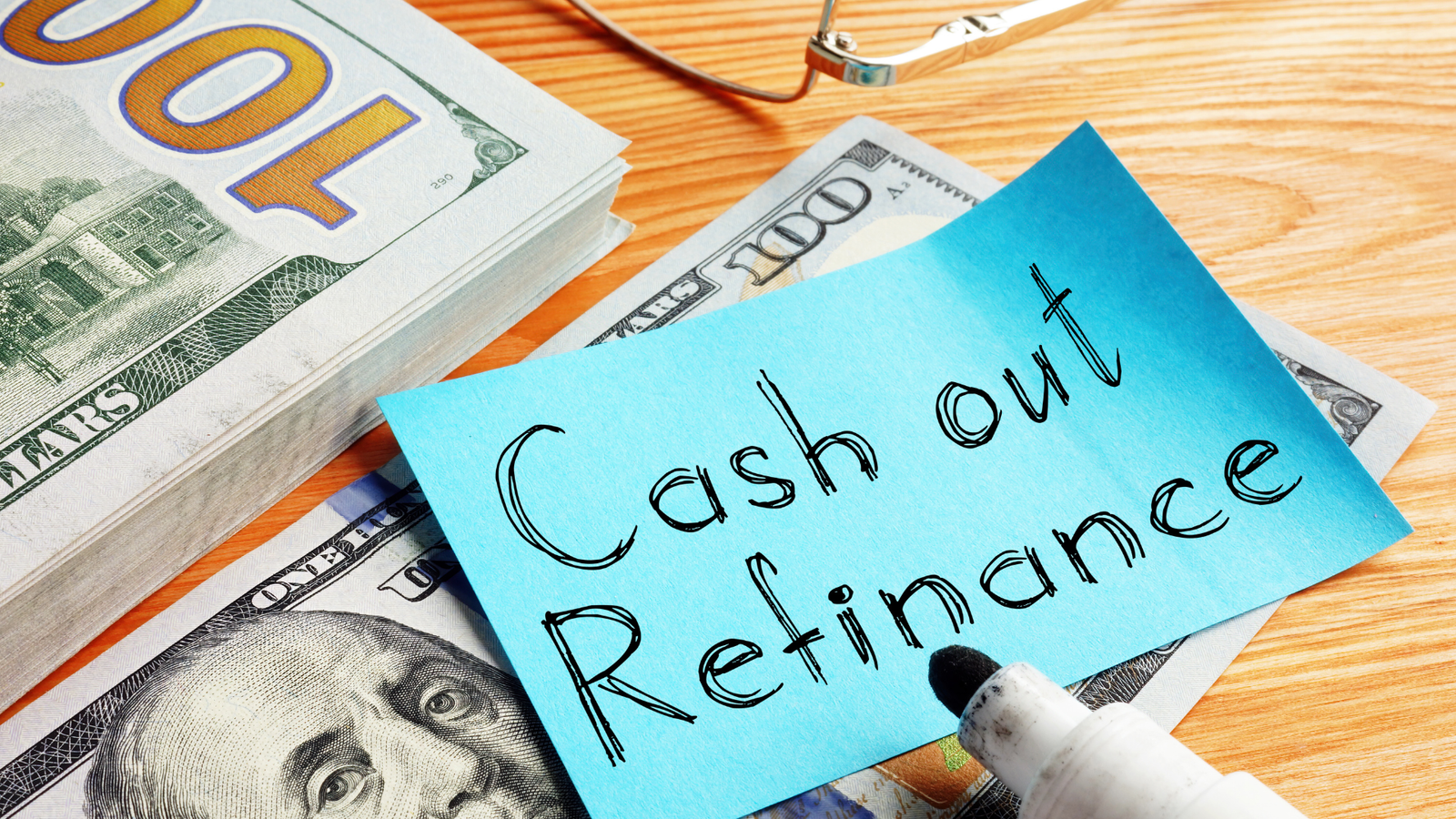With rates still hovering higher than we’d like and inflation adding pressure to everyday budgets, I get it—tapping your home equity through a cash-out refinance sounds like a lifeline. And it can be. But here’s what I’ve seen far too often: homeowners rushing in for that “big check” without fully understanding the long-term trade-offs. If you’re thinking about refinancing this year, the right lender—and the right strategy—makes all the difference.
Table of Contents
ToggleCash-Out Refinancing in 2025: Why It Still Works—If You Shop Smart
According to a several top lenders have emerged for cash-out refinancing across borrower types. Truist is ranked best overall, with strong options for conventional, VA, FHA, and jumbo loans. Bank of America shines for conventional refis, Citi for jumbo loans, Pennymac for VA borrowers, and AmeriHome for FHA loans. Meanwhile, Rocket Mortgage stands out as the best option for borrowers with bad credit, accepting scores as low as 580.
What This Means for You: 4 Key Takeaways
Not All Lenders Are Created Equal—Even With the Same Credit Score
One of the biggest misconceptions I see is assuming your credit score alone locks in your best offer. But lenders evaluate risk differently. Truist, for example, offers rate lock options for up to 90 days—great for buyers watching the rate rollercoaster. Meanwhile, Citi leans heavily into jumbo refis, showing that loan type often determines the right fit more than your FICO score.
- Pro Tip: Use lender tools like Bank of America’s home value estimator before you apply. They can help set realistic expectations for your available equity.
Lower Rates Can Come With Higher Fees
I’ve reviewed hundreds of lender quotes, and here’s the reality: sometimes that juicy low rate hides high origination or closing costs. Pennymac offered some of the lowest interest rates last year, but total loan costs were above average. That’s a hit to your equity, even if your monthly payment looks nice.
Equity Access Is Best Used for Wealth-Building
Sure, the freedom to spend the funds however you want is tempting—but this is still debt. The smartest uses I’ve seen? Paying off high-interest debt, investing in value-adding home improvements, or seeding a down payment on an investment property. In other words: turn that borrowed equity into assets or savings, not liabilities.
- Reflect for a second: Will this move make future-you feel more secure—or more stretched?
Alternative Credit Options Are Expanding
Good news for non-traditional earners: lenders like AmeriHome accept alternative documentation, including bank statements and asset data. This is huge for freelancers, small business owners, and gig workers who’ve traditionally had fewer doors open in mortgage underwriting.
Smart Moves for Today’s Homeowner
No matter where you are in your financial journey, here are a few strategic ways to approach cash-out refinancing this year:
- For homeowners with strong equity: Shop across at least three lender types: your current bank, a national online lender, and a credit union. Each may offer different perks, from loyalty rate breaks to streamlined application processes.
- For borrowers with less-than-perfect credit: Look to lenders like Rocket Mortgage that accept scores as low as 580 (for FHA/VA refis) or 620 for conventional loans. But be cautious: lower credit often means higher costs, so compare APRs—not just interest rates.
- For DIY types or self-employed: Explore lenders that support alternative income documentation. If you’ve had trouble with approvals in the past, this might be your way in—especially with home values still high in many metros.
Micro Explainer: What Is a Cash-Out Refinance?
What is a cash-out refinance?
A cash-out refinance replaces your current mortgage with a new, larger one. The difference between the two loans comes to you in cash, drawn from your home equity. You can use that money however you like—but you’re now paying interest on it as part of your new mortgage.
One Last Thought: Compare, Then Commit
In my experience, the real win isn’t getting that big check fast—it’s walking away knowing you didn’t overpay to access your own equity. Use tools like home value estimators, refinance calculators, and preapproval offers to compare. And don’t rush: a little patience at the front end can save tens of thousands over the life of your loan.
Looking for a shortcut? Tech-enabled platforms now let you compare multiple lender offers in minutes—without hurting your credit score. Just make sure to vet those offers before locking in.
Reader Q&A
Is a cash-out refinance better than a home equity loan or HELOC?
It depends. A cash-out refi replaces your mortgage, which can be great if you also want a lower rate. But if your current rate is low, a HELOC or second mortgage may be smarter to avoid restarting your loan term.
How much equity do I need to qualify?
Most lenders require at least 20% equity to qualify for a cash-out refinance, though government-backed loans may be more flexible.
How fast can I get the money?
Most cash-out refinances close within 30 to 60 days. Some lenders, like Rocket Mortgage, promise faster preapprovals—but funding still takes time.
Final Thoughts
Getting access to a chunk of your home’s equity without having to sell? That’s a powerful financial tool—but only if you use it wisely. I’ve seen too many homeowners focus on the size of the check and overlook the long-term impact of the loan itself. Cash-out refinancing in 2025 can still be a smart move—but only if you’re strategic about how, when, and with whom you do it.
